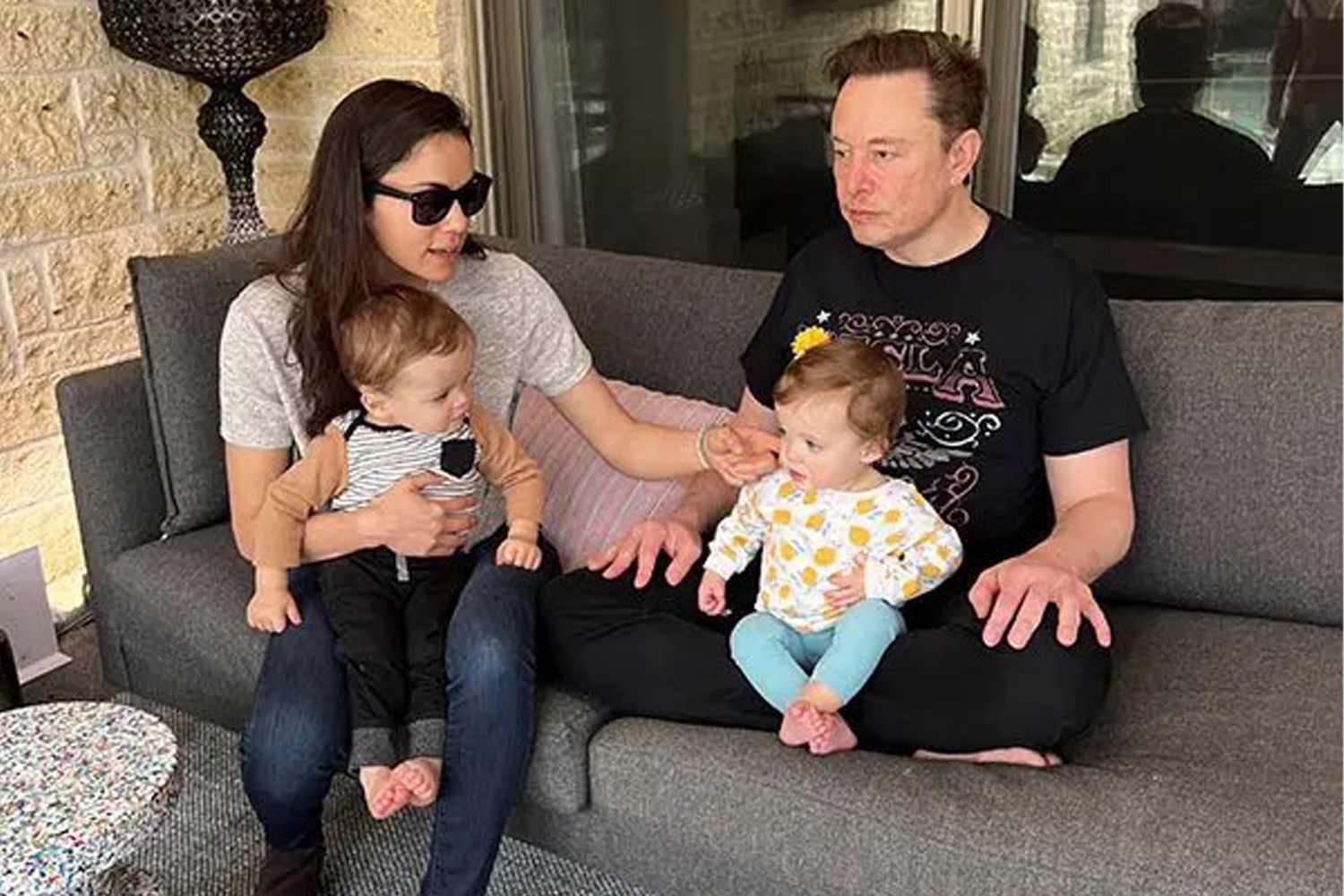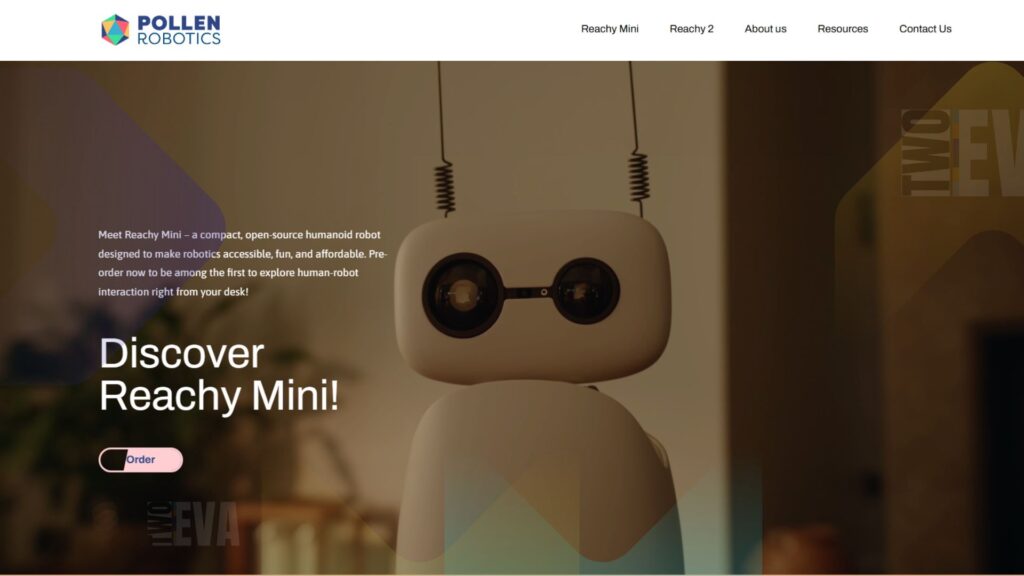In a revelatory report by Bloomberg, it has come to light that Elon Musk, the enigmatic CEO of Neuralink, has fathered another child with Shivon Zilis, the company’s Director of Special Projects. This latest development has ignited a firestorm of questions about Neuralink’s company culture, transparency, and the potential impact on employee morale and trust in leadership.
The Revelation
The news of Musk’s third child with Zilis, born earlier this year, adds to the complex tapestry of his personal life. This follows the previous revelation of twins born to the pair, uncovered by Business Insider in 2022. Musk, who has been vocal about his concerns regarding global depopulation, now has a total of 12 known children from various relationships.
Previous Conflicts and Reconciliation
Musk’s relationships have previously led to public conflicts. A notable instance involved Grimes and Zilis, where Grimes accused Zilis of blocking her on social media and denying her access to their children. This spat was eventually resolved, with both women expressing a desire to reconcile for the sake of their children. While this reconciliation is a positive note, it underscores the complex interpersonal dynamics at play within Musk’s orbit.
Company Culture and Transparency
The revelation of another child between Musk and a high-ranking executive raises serious questions about Neuralink’s company culture and transparency. Dr. Emily Rodriguez, an expert in corporate ethics, comments, “When the CEO engages in multiple romantic relationships with subordinates, it creates a power dynamic that can be detrimental to the overall work environment. It raises concerns about favoritism, conflicts of interest, and the potential for abuse of power.”
This news comes on the heels of multiple reports alleging inappropriate conduct by Musk in the workplace. The Wall Street Journal recently reported on Musk’s sexual relationship with a former SpaceX intern who later became an executive at the company. Another employee claimed to have refused Musk’s repeated requests to have children with him.
Legal Ramifications
The situation at Neuralink is further complicated by recent legal actions. Last week, eight former SpaceX engineers filed a lawsuit against Musk, alleging that he “knowingly and purposefully created an unwelcome hostile work environment.” The complaint cites instances of Musk sharing “vile sexual photographs, memes, and commentary that demeaned women and/or the LGBTQ+ community.”
Legal expert Sarah Thompson notes, “These allegations, if proven true, could have serious implications not just for SpaceX, but for all of Musk’s companies, including Neuralink. It suggests a pattern of behavior that could be seen as systemic across his organizations.”
Impact on Employee Morale and Trust
The repeated instances of Musk’s personal relationships intersecting with his professional life have undoubtedly affected employee morale and trust in leadership at Neuralink. Dr. Michael Chen, an organizational psychologist, explains, “When employees see their CEO engaging in behavior that blurs professional boundaries, it can create a sense of unease and uncertainty. This can lead to decreased productivity, increased turnover, and a general erosion of trust in the company’s leadership.”
Some employees may feel that career advancement is tied to personal relationships rather than merit, potentially leading to a toxic work environment. Others may worry about the long-term stability of the company if its leader is consistently embroiled in personal controversies.
Neuralink’s Response
As of now, Neuralink has not issued an official statement regarding the latest news. This silence only serves to amplify concerns about the company’s transparency and accountability. Corporate communications expert Lisa Navarro suggests, “In situations like these, it’s crucial for companies to address the issue head-on. Silence can be interpreted as complicity or indifference, which can further damage employee trust and public perception.”
The Broader Context
Musk’s personal life and his views on population growth have been intertwined with his business ventures. He has repeatedly expressed concerns about what he perceives as a “fertility crisis,” going so far as to donate $10 million to the University of Austin’s Population Wellbeing Initiative in 2021.
Civilization may end with a bang or with a whimper (in adult diapers) https://t.co/VwK8Sl95qJ
— Elon Musk (@elonmusk) June 20, 2024
However, critics argue that Musk’s personal choices and the workplace culture he fosters are at odds with his stated concerns about population decline. Dr. Amanda Reeves, a sociologist specializing in workplace dynamics, observes, “There’s a disconnect between Musk’s public statements about population decline and the environment he’s cultivating in his companies. It’s not just about having more children; it’s about creating stable, healthy environments for those children and for all employees.”
Looking Forward
As Neuralink continues to push the boundaries of neurotechnology, the company finds itself at a crossroads. The success of its ambitious projects may well depend on its ability to address these cultural and ethical concerns.
Industry analyst John Doe concludes, “Neuralink’s future success isn’t just about technological breakthroughs. It’s about creating a company culture that attracts and retains top talent, fosters innovation, and maintains public trust. The current situation presents a significant challenge to achieving those goals.”
As this story continues to unfold, all eyes will be on Neuralink and Elon Musk to see how they navigate these turbulent waters. The response to this crisis could well determine the future of not just Neuralink, but also set a precedent for how tech companies handle similar situations in the future.

















